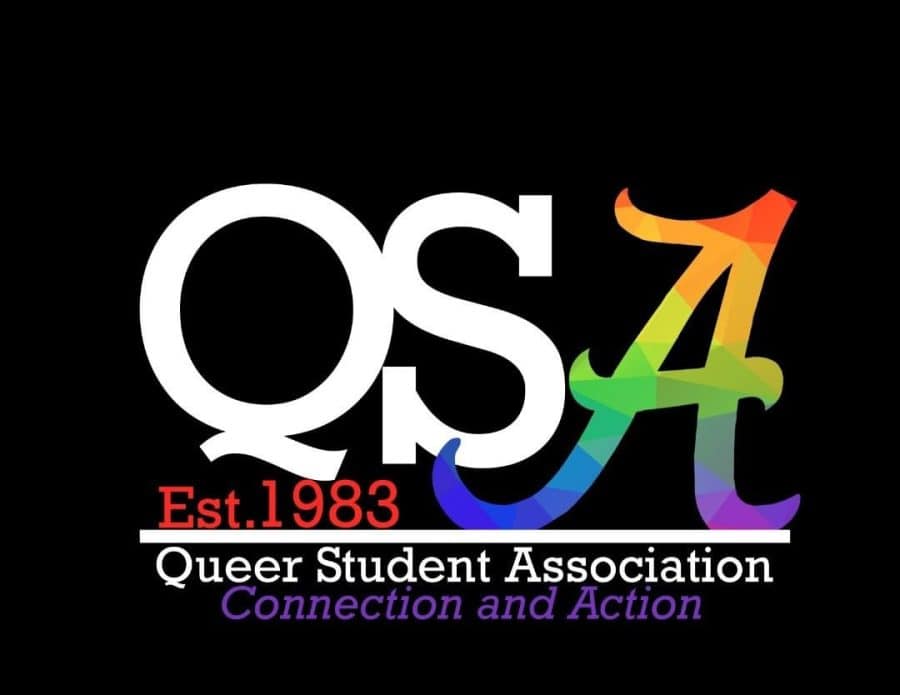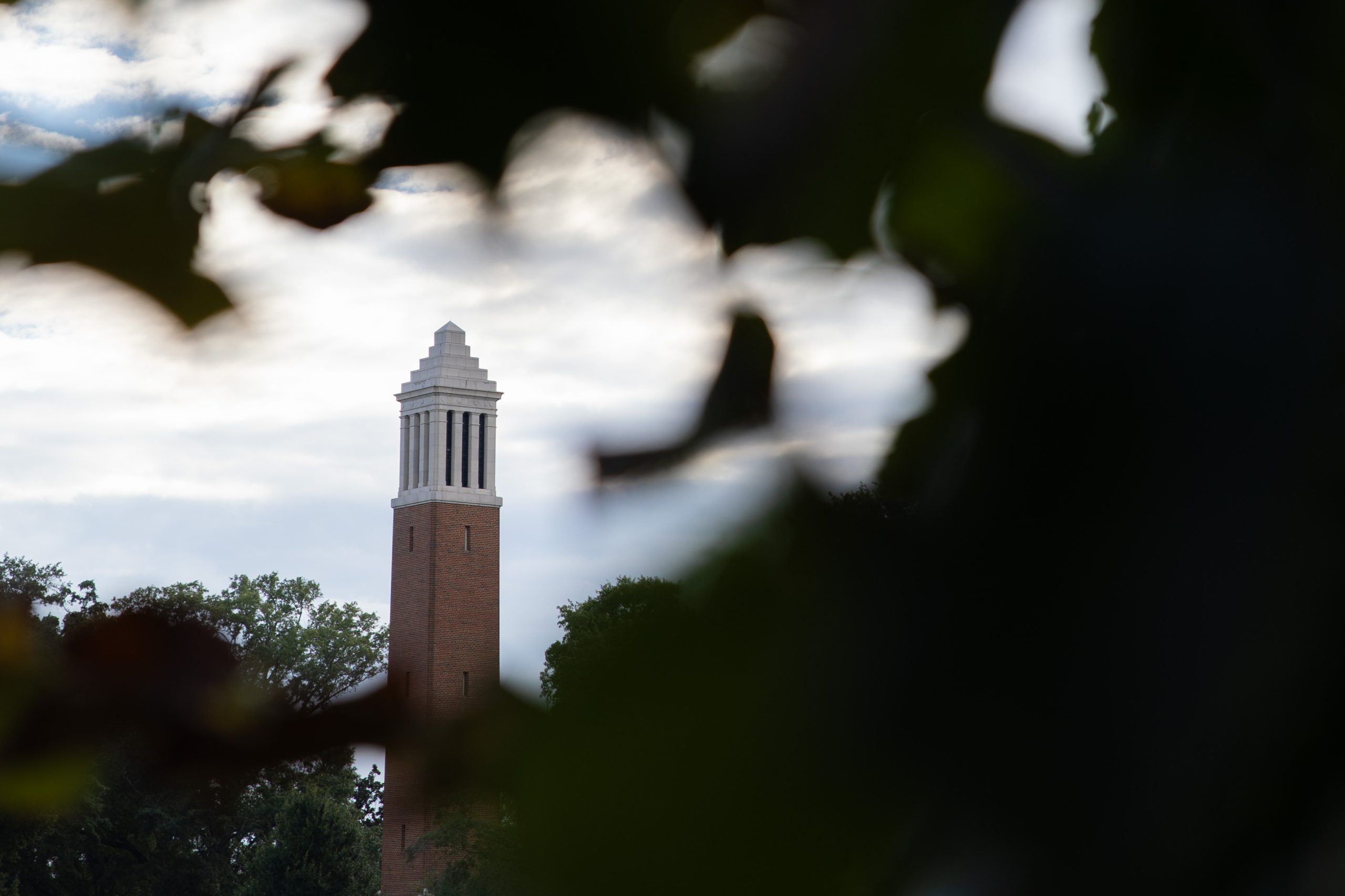LGBTQ student organization proposes new name, logo
November 14, 2021
Spectrum, an LGBTQ student organization at The University of Alabama, unveiled a potential new constitution, name and logo after their annual State of the Queer Union panel on Nov. 11.
Approval would require 70% of Spectrum members to vote in favor of the changes at the organization’s end-of-year mixer on Nov. 30. If approved, the new constitution would go into effect on Jan. 1. The name of the organization would change to the Queer Student Association, and the group would begin to focus on advocacy and community outreach.
Sean Atchison, the secretary of Spectrum, said the executive board wants to “recenter Spectrum to be more inclusive of our target audience and what we are trying to do on this campus.”
Members of Spectrum’s executive board said the hiring of a full-time staff member for the Safe Zone Resource Center was part of the reason for the rebrand.
“For a long time, Safe Zone and Spectrum were run by the same two people and over that period, the roles kind of got mixed up,” Spectrum President Ray Arndorfer said.
Because the Safe Zone now has its own dedicated staff, it is no longer necessary for Spectrum to provide the same care and support functions that the Safe Zone does. The executive board wants to forge a new path for Spectrum.
“Since we are a student organization, we can be more controversial, and we can be louder,” Atchison said. “Safe Zone is funded by the University, and the head of the Board of Trustees is Gov. Kay Ivey, and we all know she is no friend to the LGBTs. Anything Safe Zone does can be vetoed by her, so Safe Zone has to be socially acceptable. [Unlike Safe Zone] she can’t control us.”
Jas Orr, vice president of Spectrum, said the organization’s current name has caused confusion and comparisons to other groups, such as Spectrum, the cable company.
“You hear ‘Spectrum’ and you don’t know what it is,” Orr said. “We’re hoping with changing to the Queer Student Association, we can have that instant name recognition, especially as we move in more of an advocacy direction.”
The current constitution is another reason necessitating the change. According to Orr, it is needlessly complicated and does not specify responsibilities for each executive member, making it difficult to hit the ground running as they begin their terms.
The constitution also lacks a policy to remove members and meeting requirements — issues that were fixed in the proposed constitution. The proposed constitution also outlines each executive council member’s responsibilities more clearly, making power transitions easier. Orr said their own experiences struggling to run the organization was the reason for the outline.
“Many of us were freshmen last year, and we had no experience with how to run an organization, and we didn’t really have anything to look at to reference from last year,” Orr said.
A few members of the group were concerned about the new rules on member removal. Under the new rules, the executive board can remove anyone from the general membership or the board via unanimous consent. Additionally, Atchison said, if something like that happened in the future, the membership could have a majority vote to remove members of the executive council.
Atchison cited problematic members in the past as examples of how the group would benefit from the new rules.
“The executive board does not run Spectrum,” Atchison said. “The members do. This is not an authoritarian regime. This is a democracy.”
The proposed constitution would introduce two new executive positions — the director of community partnership and the director of engagement — and a new Queer Freshman Leadership Council.
The director of community partnership would be responsible for connecting the organization to other groups on and off campus and building relationships with them, while the director of engagement would be responsible for the group’s advocacy goals, including the group’s engagement with current LGBTQ issues and UA policies that affect the LGBTQ community.
The executive board placed high emphasis on potential advocacy work, citing a bill in the Alabama legislature that would ban medical providers from providing gender-affirming care to minors as one of the many reasons why the change is necessary, along with campus-level issues like a lack of housing for LGBTQ students and difficulty having one’s name changed in university email accounts.
“What we need on this campus is an advocacy organization that is completely devoted to building a community and connecting queer students on this campus, and then acting on what our problems are,” said Atchison.
Questions? Email the News desk at [email protected].










